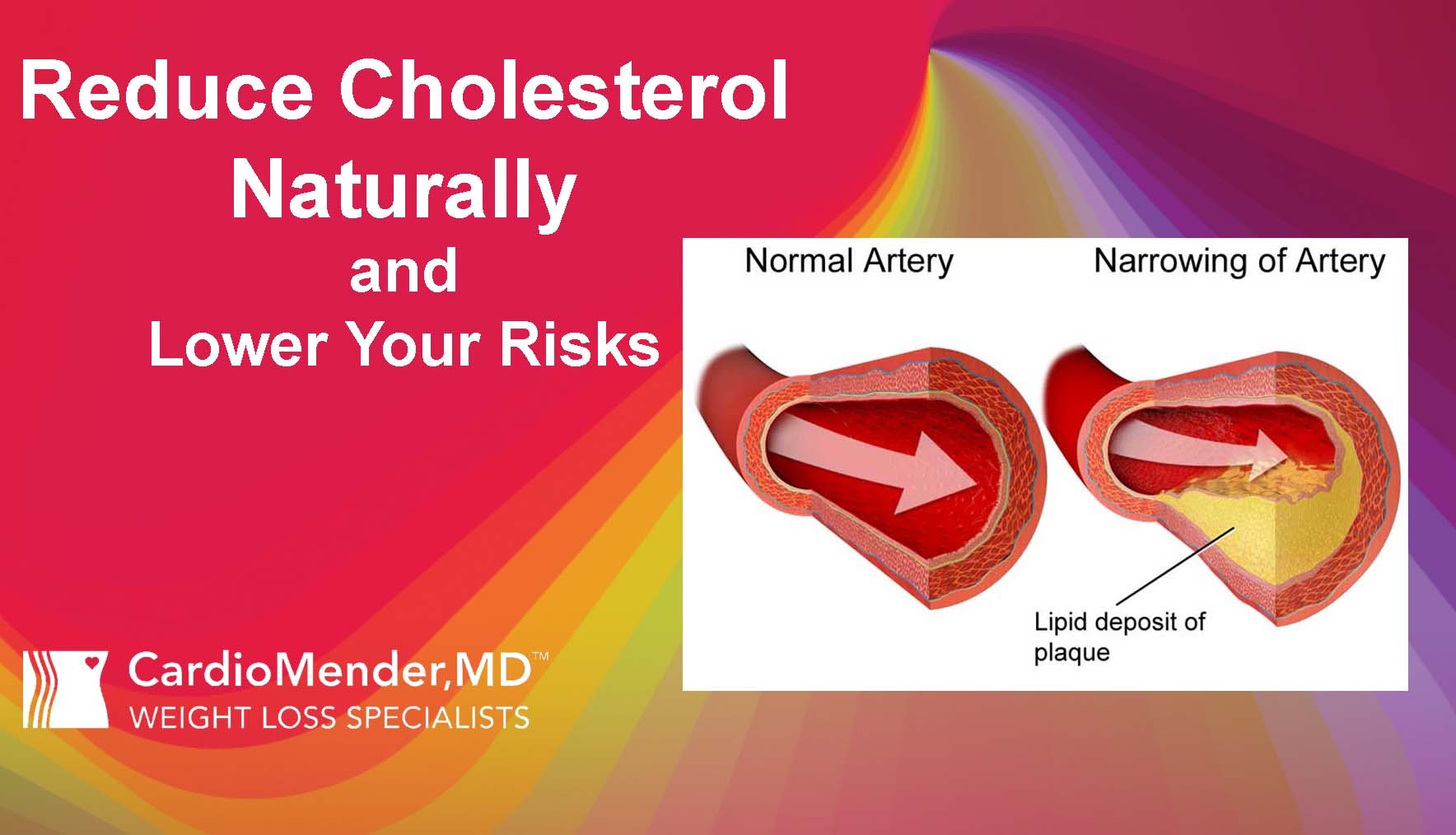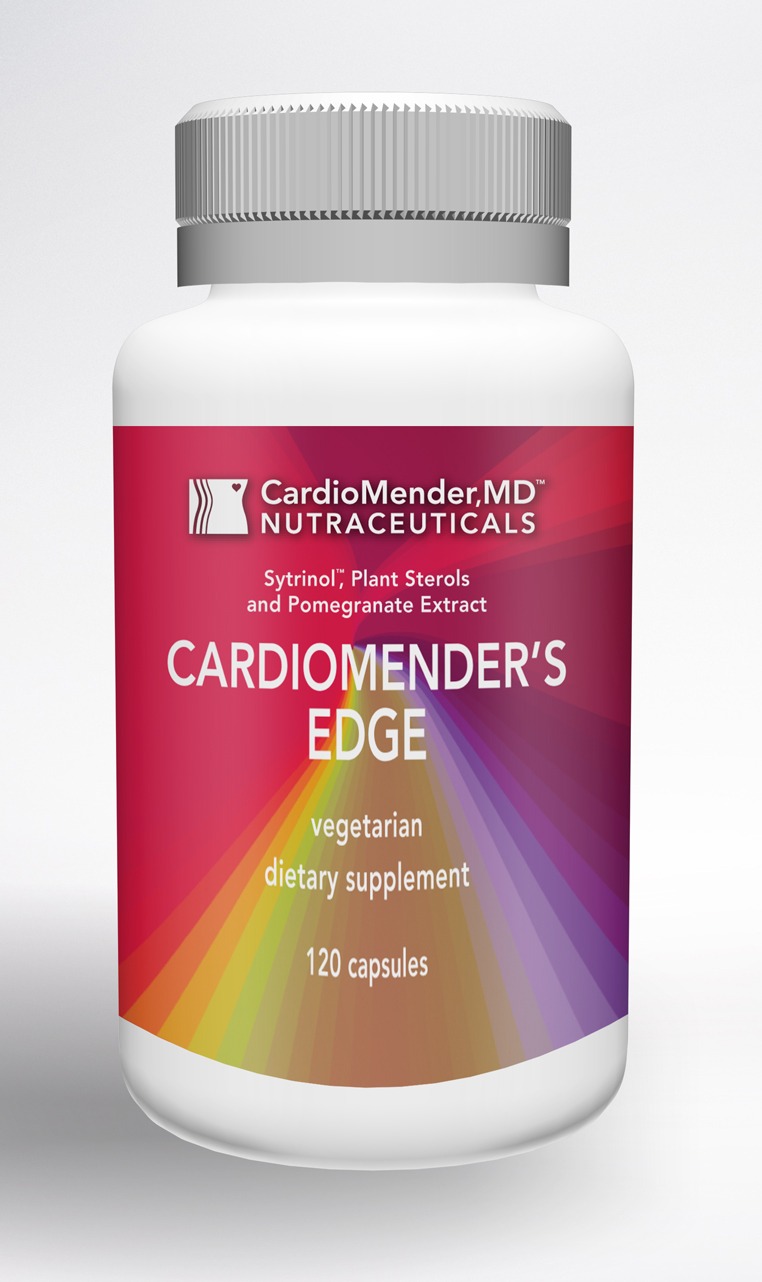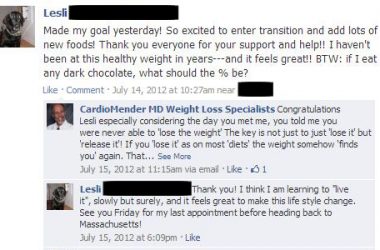Virtually everyone is aware that high cholesterol is associated with an increased likelihood of coronary heart disease and stroke. To reduce cholesterol, the first step is to reduce the consumption of foods high in cholesterol, such as fatty foods, dairy, and meats. Western-trained physicians often recommend the use of statins, which have been shown to be effective at lowering cholesterol and have proven cardiovascular benefits. Plant sterols and stanols have been shown to lower cholesterol naturally.
Plant sterols and stanols are non-absorbable oils and have a similar structure to cholesterol but are not absorbed by the gut. They are found in certain vegetable oils, nuts, seeds, and grains or can be obtained from nutritional supplements, and work by inhibiting the absorption of cholesterol which is then eliminated. They are believed by many to be one of the best ways to reduce cholesterol naturally. 1 They DO lower bad cholesterol (LDL) but DO NOT lower good cholesterol (HDL). In order to enjoy the heart-healthy benefits of more acceptable cholesterol levels, a sustained regimen of plant sterols and stanols, from either specific foods or natural supplements, is essential.
Plant Sterols and Stanols have been shown to Reduce Cholesterol in 2-3 Weeks:
- 1.5-2.4g per day can lower cholesterol by 7-10%2
- 3.0g per day can lower cholesterol by 15%3
- Lower LDL (Bad) and Total Cholesterol4
- Do NOT lower HDL (Good) Cholesterol or Triglycerides4
- No side effects using up to 3 grams per day3
- Can be used in conjunction with statins and is more effective than doubling their dose. 5 Increasing the dose of statin increases the likelihood of side effects.
- Stopping their use reverses their benefit. A sustained regimen is necessary.
- Lowering cholesterol is associated with a reduced risk of cardiovascular disease but specific outcome benefits have not been studied.
How Can We Reduce Cholesterol Naturally?
LDL- Cholesterol: Doubling statin dose vs. Adding Plant Sterols & Stanols w/o Change in Statin Dose5
Supplemental Sterols/StanolsApproximate LDL-cholesterol reduction
| Ways to further lower cholesterol | ||
|---|---|---|
| Ways to further lower cholesterol | None | 6% |
| Adding plant Sterol/Stanols Without Change Dose of Statin | 1.5-2.4g/day | 7 – 10% |
Table adapted from ESC/EAS Guidelines, 2011 and Gylling et al., 2014.5
How to Get Enough Plant Sterols and Stanols
It is challenging to get enough plant sterols and stanols from food, thus food manufacturers add them to foods such as orange juice, milk, cereals, vegetable oils, and mayonnaise. Their addition to foods has been demonstrated as an effective way to lower total cholesterol, specifically LDL or bad cholesterol. 4 Similar benefits have been shown with taking nutritional supplements. However, it is clear, if you stop the supplement, similar to discontinuing statins, the favorable effects on cholesterol are lost. Lifelong benefits are achieved with lifelong focus. You CAN reduce cholesterol naturally.
Try CardioMender’s Edge
CardioMender’s Edge is a great source of plant sterols, Sytrinol™ (a patented compound derived from citrus fruit and palm), and pomegranate to help support cardiovascular health and normal cholesterol metabolism. For more information about CardioMender’s Edge, click here.
FORMULA (#99134) – Labeled as Cardiomender’s Edge
2 vegetarian capsules contain:
Plant Sterols (Phytosterols) (from soy) 400 mg
Sytrinol™ 150 mg
(proprietary blend of polymethoxylated flavones and tocotrienols from citrus and palm fruits)
Standardized Pomegranate Extract (Fruit) 50 mg
(Standardized to 40% ellagic acid)
References
- http://www.healthline.com/health/high-cholesterol/statins-vs-plant-sterols – Plantsterols3
- The Cholesterol-Lowering Action of Plant Stanol Esters Tu T. Nguyen Division of Endocrinology, Metabolism and Nutrition, Mayo Clinic and Foundation, Rochester, MN
- Miettinen, T. A., Puska, P., Gylling, H., Vanhanen, H., & Vartiainen, E. (1995). Reduction of serum cholesterol with sitostanol-ester margarine in a mildly hypercholesterolemic population. New England Journal of Medicine, 333, 1308–1312. Retrieved from http://www.nejm.org/doi/full/10.1056/NEJM199511163332002
- http://www.dietattheheart.com/stanols_sterols/eas_recommendations





